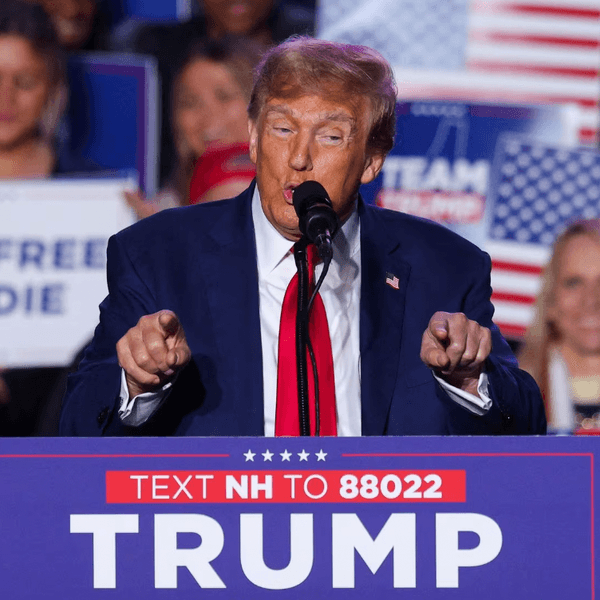
By Franco Ordonez, McClatchy Washington Bureau
WASHINGTON — Kansas may not be considered Latino country, but the small, albeit growing, Hispanic community across the state is emerging as a potential threat to shake up the political landscape.
The state’s approximately 121,000 Latino voters make up just 6 percent of the electorate, but experts say they could make a difference in the tight races for governor, U.S. Senate and secretary of state.
Armando Minjarez, a 28-year-old Wichita artist and activist, has been talking up the need to vote with his neighborhood bread maker and knocking on doors at the homes of Latino registered voters in the heavily Hispanic-populated communities across western Kansas.
“Races are being won by 300 votes,” said Minjarez, who works on voter turnout drives with Kansas People’s Action and Women for Kansas, left-leaning groups that say they’re pushing for change in Kansas’ leadership. “So if those two, three hundred people I have talked to, if half of those go out and vote … if a third of them go out and vote … that’s a huge impact.”
If turnout is low, as expected, and Latinos mobilize, even a small percentage of them — like any other group — could alter the election, said Chapman Rackaway, a political science professor at Fort Hays State University in Kansas.
“A block of 10,000 votes by the Latino population could have a profound impact on the race,” Rackaway said.
Kansas is one of five states where the number of Latino voters exceeds the difference between the two leading Senate candidates in polling, according to an analysis by Latino Decisions, which conducts research and polls on Latino voting. And it’s one of nine states where Latino voters exceed the polling difference between leading gubernatorial candidates.
“Crazy, right?” said Gary Segura, a Stanford University political science professor who runs Latino Decisions. “Kansas is a state where Latinos could shape the outcome.”
After the 2010 election, no Democrat held an elected statewide office in Kansas. But Democrats now are within striking distance of the governor’s mansion. Gov. Sam Brownback, who has steered the state far to the right, has suffered in the polls.
U.S. Sen. Pat Roberts, a Republican who has made immigration a campaign issue, is suddenly in danger of losing to independent Greg Orman after the nominated Democrat in the race, Chad Taylor, dropped out.
On immigration, Roberts speaks almost exclusively about the need for stronger border patrol. Orman also speaks of the need for a stronger border, but he’s argued that 11 million immigrants who are already in the country illegally can’t be deported and, provided they pay a fine, he thinks they should be allowed to “get in line” for eventual U.S. citizenship.
Rackaway said Latinos also could be a factor in Democrats’ efforts to unseat Republican Secretary of State Kris Kobach, who is known nationwide in the immigrant rights community for his controversial role in helping to draft some of the strongest immigration enforcement policies in Arizona and Alabama, among other states.
Latino turnout is a big question. Nationwide groups have complained that Latino voters who would otherwise vote Democratic have become disillusioned with the party since President Barack Obama decided to delay an executive order that would allow more undocumented immigrants to remain in the country legally. He had promised to issue the order by the end of the summer.
A Latino Decisions poll in June found that 54 percent of Latinos said they would be less interested in voting in the midterm elections if Obama decided not to take action on the executive order.
Speaking at the Congressional Hispanic Caucus Institute gala last week, Obama tried to curtail some of those hurt feelings and said he would act on the order by the end of the year.
Photo: J. Stephen Conn via Flickr








